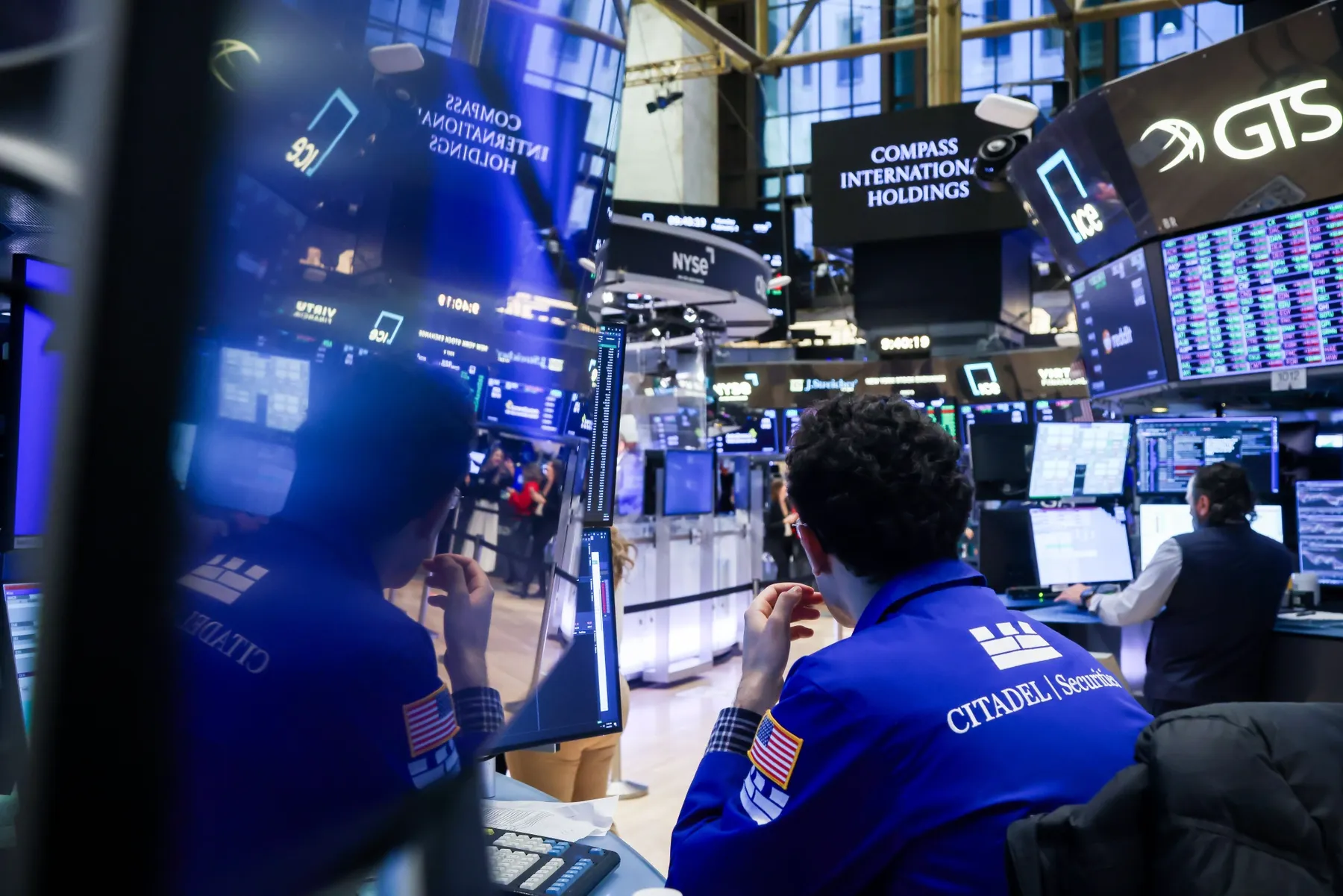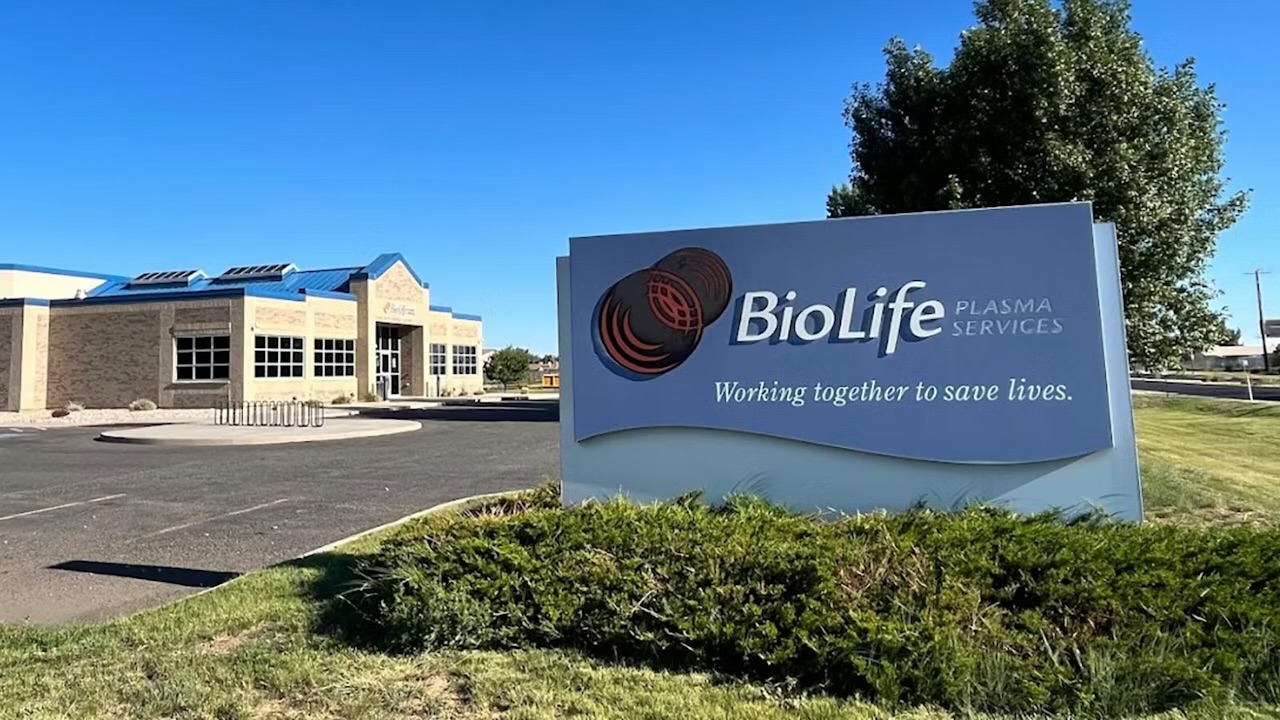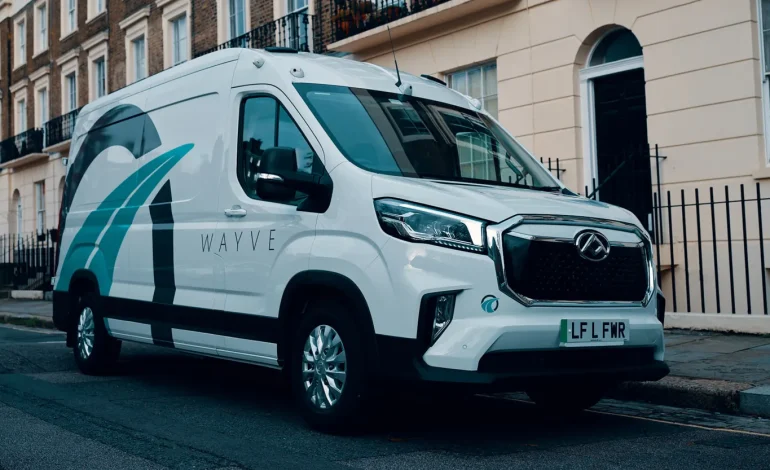Uber has announced a partnership with London-based artificial intelligence startup Wayve to pilot fully autonomous ride-hailing services in the United Kingdom.
The initiative marks Uber’s first test of Level 4 autonomous vehicles, which are capable of operating without a human safety driver on board.
The pilot is set to begin in London and could represent a significant step toward integrating driverless technology into everyday transport. Uber highlighted that the trial is made possible by the UK government’s newly introduced “accelerated framework” for self-driving commercial pilots, intended to fast-track the deployment of autonomous vehicle services like robotaxis and shuttle-style services.
Wayve, supported by investors including SoftBank, has been developing AI-driven software that enables vehicles to interpret and respond to complex urban environments. Currently, delivery vans equipped with Wayve’s autonomous system are already operating on London’s roads as part of grocery delivery services.
“This is a defining moment for UK autonomy,” said Alex Kendall, CEO and co-founder of Wayve. “With Uber and a global OEM partner, we’re preparing to put our AI Driver technology into real service on the streets of London.”
Uber’s President and COO Andrew MacDonald echoed this sentiment, calling the trial a major milestone in realizing the company’s vision “to make autonomy a safe and reliable option for riders everywhere.”
While specific details about the timing and availability of the driverless rides are yet to be confirmed, Uber stated that it intends to integrate these vehicles into its UK app as a regular option, pending regulatory approval. The company also emphasized that it would work closely with the Department for Transport and Transport for London throughout the trial process.
The UK government passed the Autonomous Vehicles Act last year, providing a legal foundation for self-driving cars to be deployed as early as 2026. However, recent shifts in policy now allow for limited commercial trials to begin sooner, in line with global developments. Similar autonomous ride-hailing services are already operational in US cities like San Francisco and Austin, as well as in parts of China and the UAE.
The UK sees this sector as a potential economic driver, projecting up to 38,000 new jobs and £42 billion in added economic value by 2035. However, some labor groups have raised concerns about the broader social impacts of automation on employment and safety.
CNBC, BBC, Market Watch, and the Financial Times contributed to this report.










The latest news in your social feeds
Subscribe to our social media platforms to stay tuned